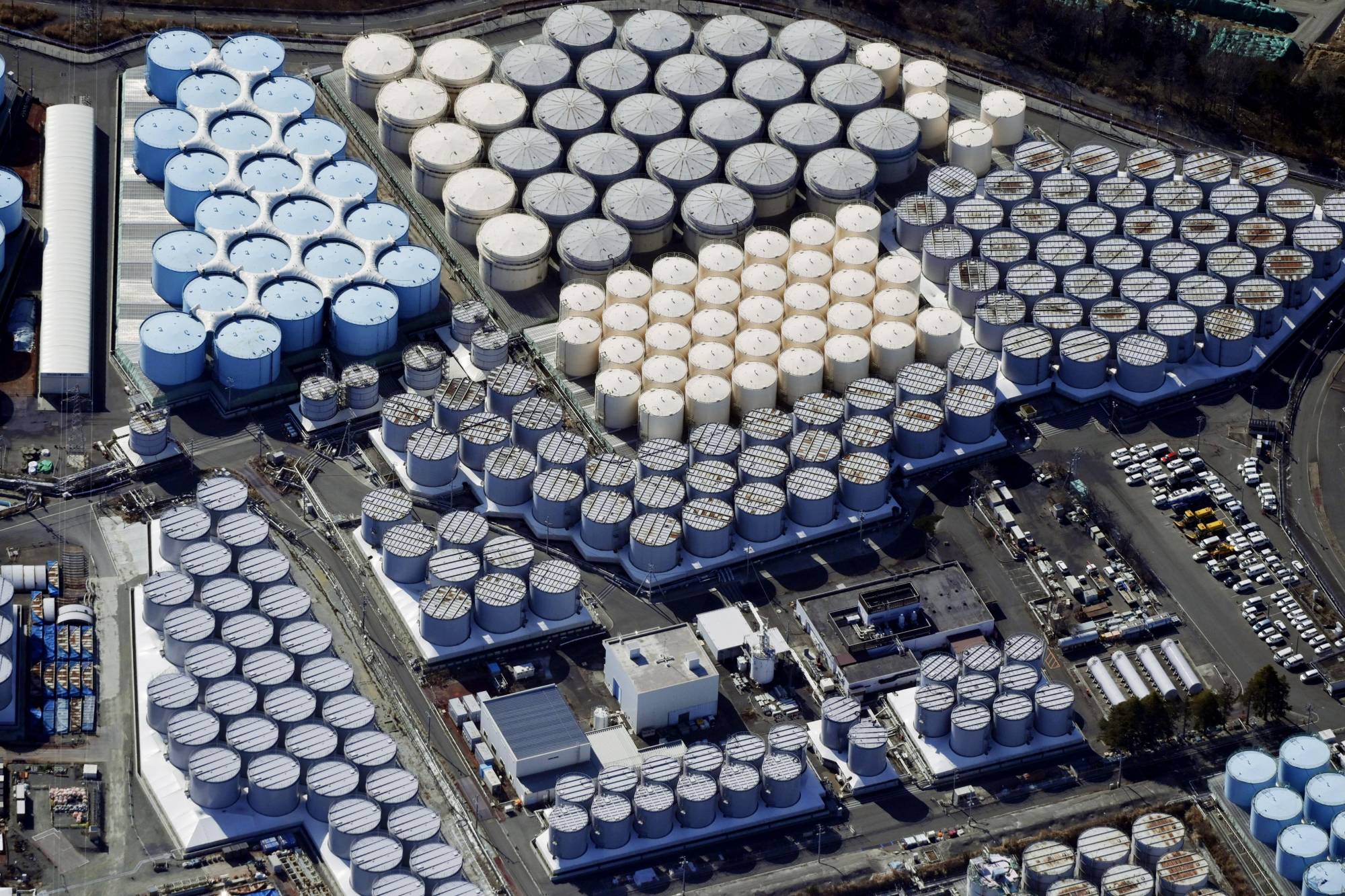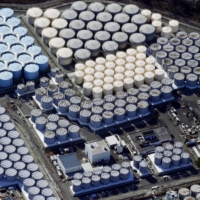The International Atomic Energy Agency has delayed an expert team's visit to the Fukushima No. 1 nuclear plant to assess the planned release of treated radioactive water into the sea due to the omicron coronavirus variant, the government said Monday.
The team's visit, originally scheduled for mid-December, will be postponed to January or later next year, according to the Ministry of Economy, Trade and Industry. The IAEA mission was aimed at increasing transparency amid concerns over the water release plan raised by China and South Korea as well as local fishing communities.
Water pumped into the ruined reactors to cool the melted fuel at the Fukushima plant hit by a massive earthquake and tsunami in March 2011 has been accumulating at the complex and mixing with rain and groundwater that has also become contaminated.
It is treated using an advanced liquid processing system. The process removes most radioactive material except for tritium, which is said to pose little health risk.
The IAEA team is due to hear from Tokyo Electric Power Company Holdings Inc. (Tepco), the operator of the Fukushima plant, on conditions regarding the water at the plant and how it will be discharged before compiling its view on safety.
By the end of the year, the IAEA will hold a working-level meeting online with the industry ministry to examine Tepco's forecast of the effects of the water discharge, ministry officials said.




